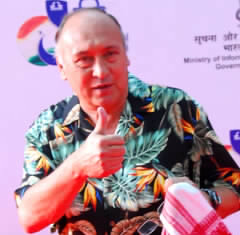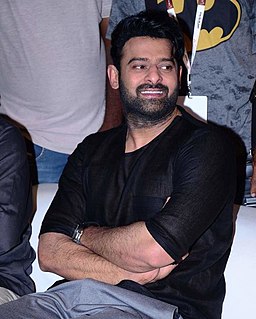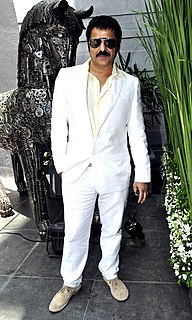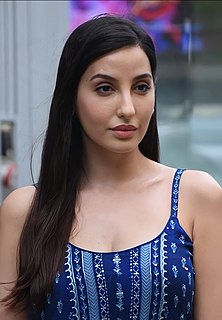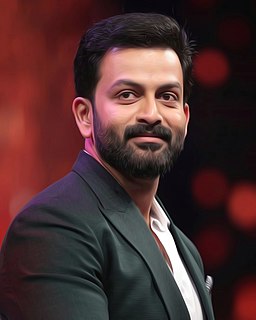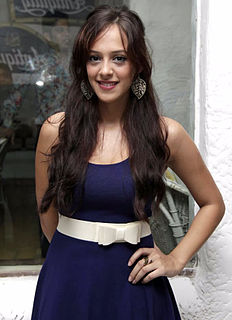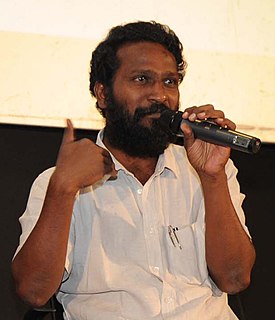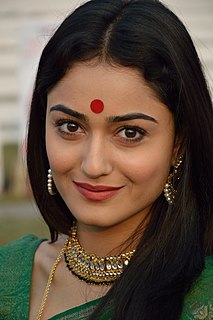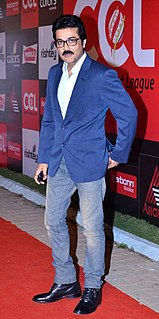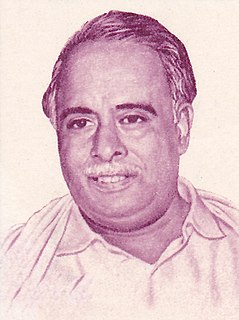A Quote by Victor Banerjee
Bachchan is the luckiest man on earth. No one knows the nuance of the Hindi language or can incorporate elements from stage on to the Hindi cinema the way he does.
Related Quotes
I remember breaking the news to both my parents that I wanted to be a director, and they both looked very doubtful. They didn't know what a closet Hindi film buff I was. I used to dance to old Hindi films songs on the sly, so my decision to be a part of Hindi cinema was shocking even for my parents.
Once, a man at the customs duty check at the Delhi Airport asked me a question in Hindi, and I told him that I didn't speak the language. He got angry and said, 'How could you not speak in Hindi? Hindi is our mother tongue.' I told him that it wasn't my mother tongue. He got furious, and made me wait for over 45 minutes.
We will go to every part of Tamil Nadu and tell the people that Hindi is coming and that it is like a thunder strike on the heads of Tamil and Dravidian people.... If Hindi were to become the official language of India, Hindi-speaking people will govern us. We will be treated like third rate citizens
Art should not be bound by barriers or language. The Hindi film industry is a testament to that. We speak only Hindi, but we premiere in Germany and Japan. Our films do phenomenally well there. We transcend the barriers of language and culture. We welcome you in. I think that's what art should be, and I hope America reaches that place.
